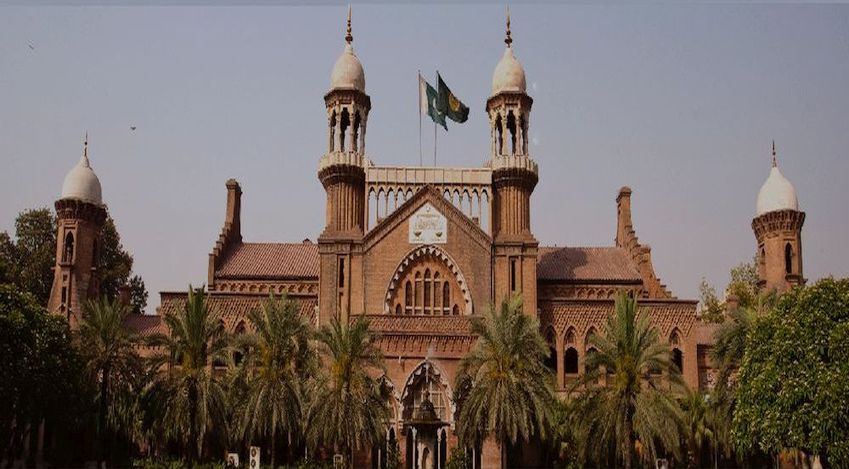Lahore High Court Dismisses Appeal in Malicious Prosecution Case: Key Legal Principles regarding Requisite Evidence were upheld
Islamabad 06-08-2024: In a recent ruling, the Lahore High Court has dismissed the appeal filed by the appellant in the case [R.F.A. No. 52942 of 2022], where he sought damages for malicious prosecution against his former spouse / respondent. The judgment, delivered by a bench comprising Mr. Justice Ch. Muhammad Iqbal and Mr. Justice Muhammad Raza Qureshi, upheld the decision of the Civil Judge 1st Class, Phalia, which had dismissed the appellant's suit for recovery of damages amounting to PKR 59,000,000.
The case revolved around the appellant’s claim that after divorcing respondent, she lodged a private complaint against him with frivolous allegations from which he was eventually acquitted. Ahmed sought damages for business losses, mental agony, defamation, and miscellaneous expenses.
The Court's decision reaffirmed several critical legal principles pertaining to malicious prosecution. The Court reiterated that to succeed in a malicious prosecution claim, the plaintiff must prove the presence of malice, lack of reasonable and probable cause, prosecution on a criminal charge, favorable termination of the prosecution, interference with liberty and reputation, and resultant damages. There is need to balance the initiator’s freedom to pursue legal action and the protection against malicious prosecution, the Court noted that actions driven by anger but supported by honest belief in the accused’s guilt cannot be deemed malicious. The Court underscored that both malice and lack of reasonable cause must be proven for a malicious prosecution claim. A lack of either element would invalidate the claim.
In this case, the appellant failed to provide substantial documentary evidence or credible witness testimony, which was crucial for substantiating the claim. The judgment highlighted that all the necessary ingredients for malicious prosecution must coexist, and the appellant’s failure to prove any one of them invalidates the entire claim. There is a difference between general and special damages. The Court explained that the appellant must provide cogent evidence for both types. The appellant’s inability to do so led to the dismissal of his claim for damages.
In conclusion, the Lahore High Court found no illegality in the Trial Court’s judgment and dismissed the appeal, reiterating that the appellant failed to establish a case for malicious prosecution. The appeal was dismissed with no order as to costs, reinforcing the stringent requirements for proving malicious prosecution claims in the legal framework.
This decision underscores the importance of presenting substantial evidence and meeting all legal criteria to succeed in such claims, providing a significant precedent for future cases.
Powered by Froala Editor








